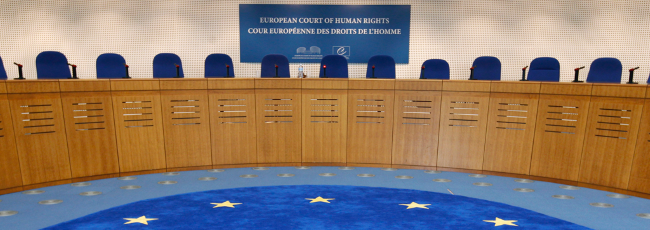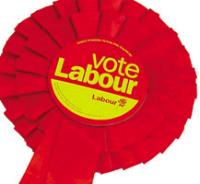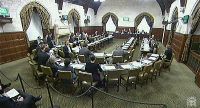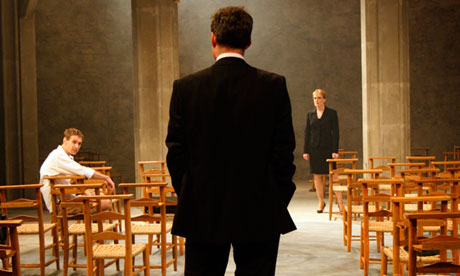Over the weekend following the referendum, I created a storify “Has the earth moved for you?”, the shock seemed seismic and I quoted myself, Robert Ford and Paul Cotterill. I blamed a long time failure of the pro-EU advocates to carry their weight over decades, Ford analyses the political movement of the Labour Party and its once supporters and Cotterill proposes new practice based on collective action rather than political education. This piece looks at Paul Mason, a reluctant Remainer and Labour Party member’s reaction to the Leave vote, talks about how I felt over that weekend, re-posting the Winnie the Pooh meme https://davelevy.info/grief/ and concludes with what I consider the policy compromise to be, although by this time, Labour’s debate has become one of its internal democracy and governance. (I leave the continuing campaign to remain for a later post, maybe).
Pro-Europeans long-term cowardice with the honourable exceptions compounded by Cameron’s tactics of being persuaded by his own negotiation brilliance. If we add the weak Remain campaign which focused exclusively on the fear of economic decline and offered no hope for the future and no internationalist aspiration then we can see that the advocates for Remain were always chasing the result.
Robert Ford who is Professor of Political Science at Manchester University and co-author of ‘Revolt on the Right’, repeats the arguments that there is a social strata, the “Left Behind” i.e. left behind by globalisation who are moving to UKIP, due to New Labour’s support for globalisation and the growing dichotomy between the Party membership, its elected representatives and themselves. New Labour’s appeal to middle England at the expense of its core vote, leading to 3m of them not voting Labour in 2001, possibly the shortest political suicide note in history was the start point of this alienation. They learnt to stop voting Labour. This analysis is powerfully echoed by John Harris in the Guardian in his article, “If you got money, you vote in … if you haven’t got money you vote out”. Brilliant powerful writing, showing a journey from macro-economic and industrial policy via triangulation to powerlessness and growing anger. He doesn’t make a lot of it, but the MPs expenses affair, condoned by the then Labour government and the press hounding of the MPs, (⅔ were 100% compliant) undermine the trust that electors have. In the case of Labour’s lost voters, it was the electoral strategy of triangulation that deliberately ignored the views and wishes of Labour’s historic core vote.
This leaves us with a country split between north and south, young and old, haves and have nots, some say it’s also about education but the expansion of University access from 4% to 50% over the last 40 years makes this a proxy of the young and old, although it’s called out in the headline of tidjane thiam CS’s CEO’s Huffpo piece on Brexit. It would probably serve us better if the headline called out his distress and surprise at the level of poverty and deprivation in Tower Hamlets and which he contrasts with this activity as a government minister in his home state of Cote D’Ivoire. The article, based on an interview states,
The banker believes the solution lies in a more redistributive tax system – even if that meant raising taxes – to ensure those who have lost out to globalization are not left feeling disenfranchised.
Paul Mason, on the morning after agrees. Has a 10 point plan, but reckons there are three causes.
The only way Labour can unite these culturally different groups (and geographic areas) — so clearly dramatised by the local-level results — is economic radicalism; redistribution, well-funded public services, a revived private sector and vibrant local democracy is a common interest across both groups.
But if you trace this event to its root cause, it is clear: neoliberalism is broken.
He argues that Labour has to argue for Brexit, the softest Brexit i.e. the EEA, a migration break but also anti-austerity.
One problem for Labour is that nearly 70% of Labour’s vote, voted to remain, and many of these want a free movement of people; they want to be able to work, live, love, holiday, retire, own property and study in Europe. You can’t please these people and those that want to “Control Immigration”
Paul developed his ideas and a day later published this, in the Guardian. He argues to accept the decision, to call for an election to be fought in alliance with the SNP and Plaid Cymru to create a government with a mandate to negotiate a social democratic Brexit. …








